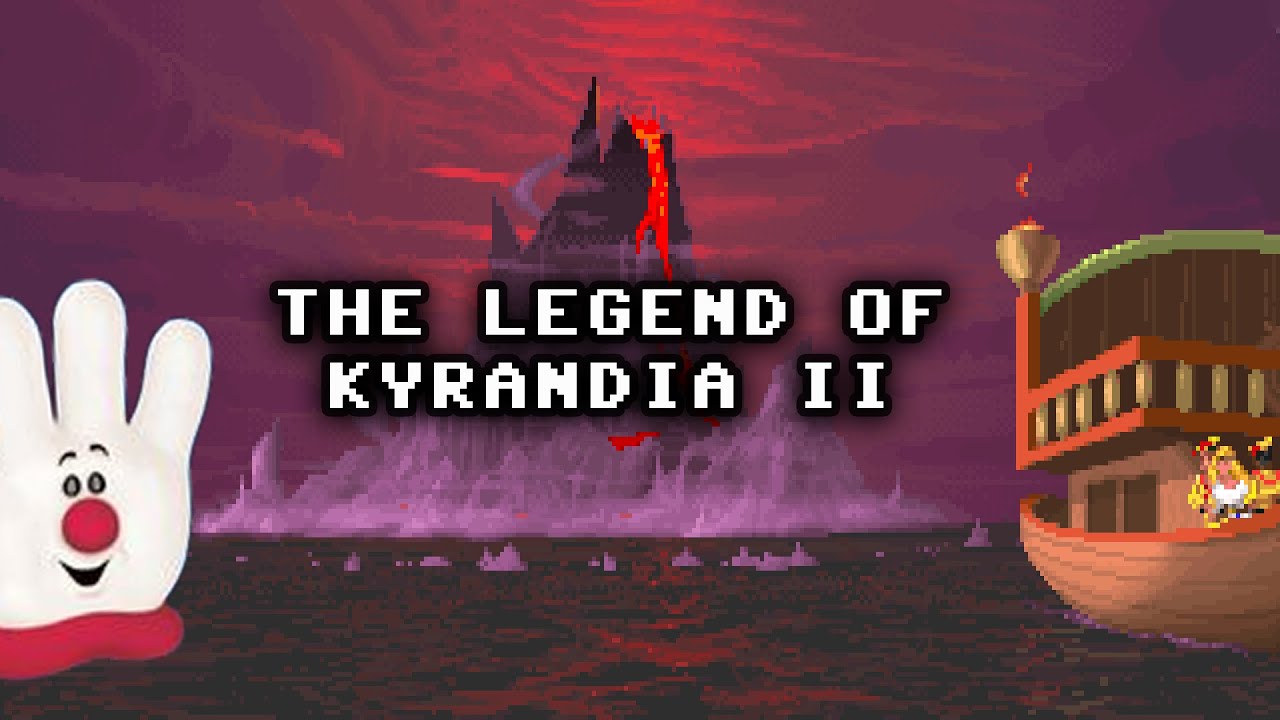tangelo
- 5 Posts
- 6 Comments
Implementation was rather bad on Linux despite reports and warnings of extreme breakage during the beta, and the legacy client was the only escape hatch for many after they bricked it following force pushing the beta into the mainline client, with no rollback option. If you follow Valve’s bugzilla tracker, you will see hundreds of bug tickets over the last month relating to this UI, which didn’t account for regressions around CEF, Gnome, upstream Nvidia drivers, focus-follows-mouse, memory leaks, screen readers for the blind, instability with system dependencies (Steam carries around a basket of old dependencies), and more. Here is but one example: https://github.com/ValveSoftware/steam-for-linux/issues/9805. Steam only targets Ubuntu and seemingly only tests on that platform, and in so doing this causes a myriad of problems. It’s not an aesthetic issue.
Speaking of memory leaks, one of the most egregious issues right now is the client rapidly consuming all VRAM within a matter of minutes when the window is interacted with (https://github.com/ValveSoftware/steam-for-linux/issues/9638), effectively killing the system and making rendering games impossible.
This is bad :(

 1·1 year ago
1·1 year agoI think you missed the minus sign there and misread this, I will translate it: “The chance for rare loot to drop should be continuously reduced by 10% for every hour you log inside the game. I.e., you should receive rewards for completing difficult challenges rapidly, that is, skillfully.” The implication seems to be that if the challenge is hard and you are not good at it, and are just throwing yourself at a wall repeatedly, or the challenge is non-existent/mindless (chore simulator), if you are repetitively doing either and grinding hours away, they are one and the same, and neither is a meritorious achievement. I think this is an interesting angle, as very few games reward skill expression or eureka moments as a momentous achievement. The vast majority, genre and budget irrespective, rely on the (easier to implement) crutch of locking progression behind pointless tedium, so given enough hours sunk in, everyone can win. It is interesting to think about how, whether, and under what conditions games could reward the above.

 0·1 year ago
0·1 year agoWhat are some good games that opt for a grounded approach? I agree that it is few and far between (whether that is good, bad, or indifferent is a topic for another space). A few that come to mind are Don’t Escape: 4 Days to Survive (takes place in a survival situation) and Dreams in the Witch House, which incorporates shop/money mechanics and other survival management elements.
You wanna know which came ISN’T grounded? Nightlong: Union City Conspiracy. If you are in the mood for some hilariously baffling moon logic, outlandish set design and embarrassing period voice acting and CG, with a plot that makes slightly more sense than The Mystery of The Druids, give it a shot. It’s basically “we have Blade Runner at home.”
Guess how they travel in the cyberpunk future presented in this game: flying cars. But guess how they receive documents when out of the office? Public fax machine booths mounted on walls of train stations. That’s right. FAX MACHINES. The future is now.
The game is not bad per se, it will definitely stay in your mind with its utter weirdness. Grimbeard did a detailed video on it if you are curious.
 2·1 year ago
2·1 year agoLooks like a blast, will definitely check it out and hope to see you on there





The rules, seemingly a carbon copy of the ones from Reddit, state to “use primary sources,” but I think there is a tendency for this to cause undue emphasis to be placed on “authoritative articles” from big online magazines for the sake of posting news. Those links usually have grandiose/clickbaity titles and are often thinly-veiled advertisements or PR hype campaigns in advance of a game’s release (not on the part of the poster, but on the part of the web magazine).
It seems like the posts with the most engagement on a pure post count number tend to be actual questions or comments from users, such as someone waxing about a game they really like, or some kind of meta conversation.
Obviously you want to disincentivize low-effort posts like “My keyboard broke–how do I fix it?” but some middle ground would be good here, so that enthusiasts can actually discuss the nitty-gritty of games with each other, rather than the magazine turning into a silent news aggregator.